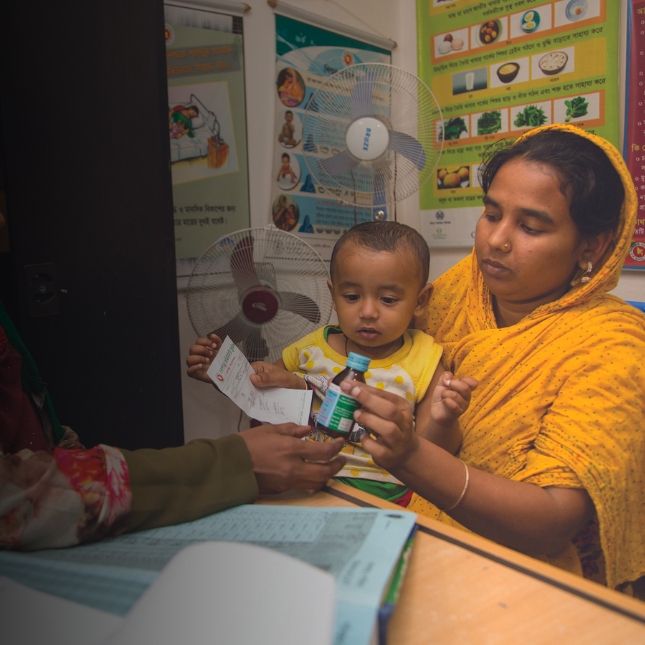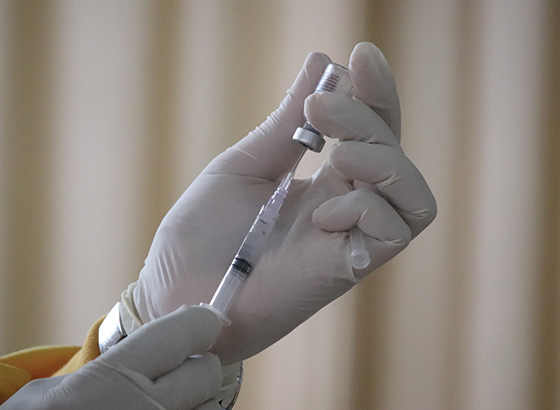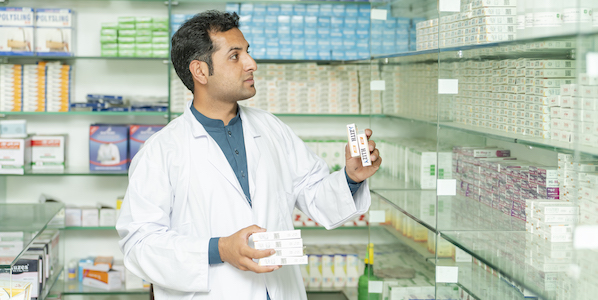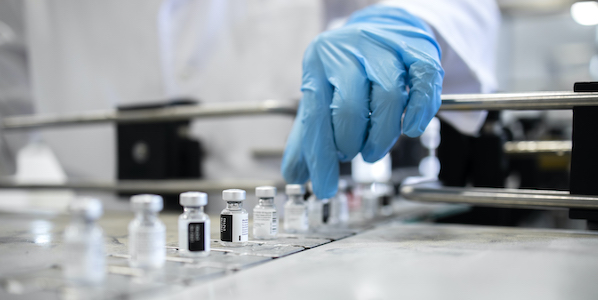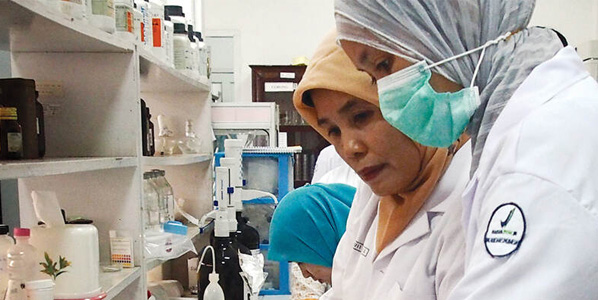Assuring the safety of medicines and health products doesn’t stop once they’re approved for market use. Monitoring and surveillance of a product’s safety – also known as pharmacovigilance – is important in detecting rare and serious side effects that may not be observed in clinical trials.
Effective pharmacovigilance programs are critical to strong regulatory systems and support effective regulatory responses that protect patients from potential harm. We work to strengthen pharmacovigilance programs to ensure the continued safety of medicines, vaccines, and other medical products; optimize treatment regimens; and support data-driven decision making.

